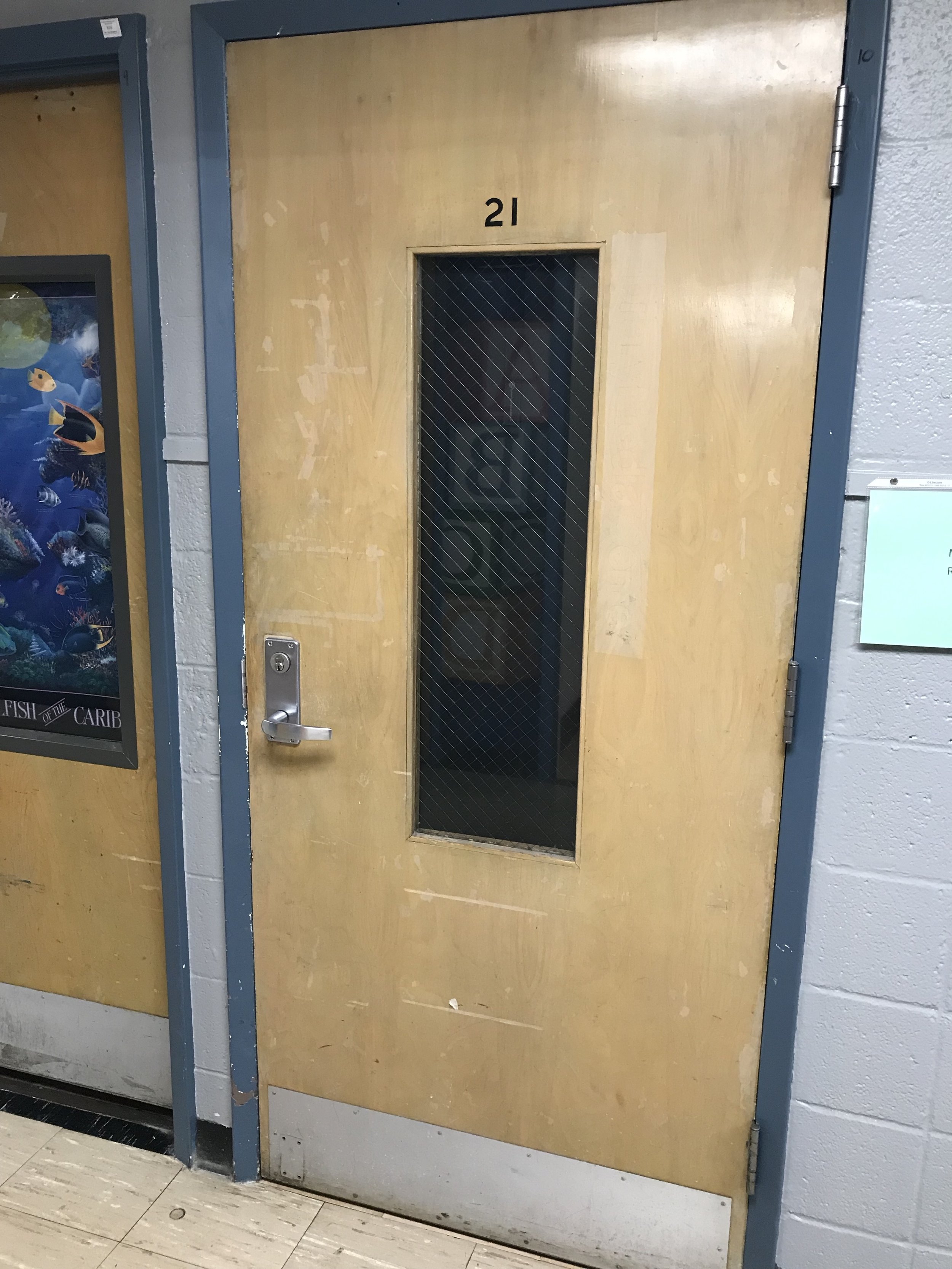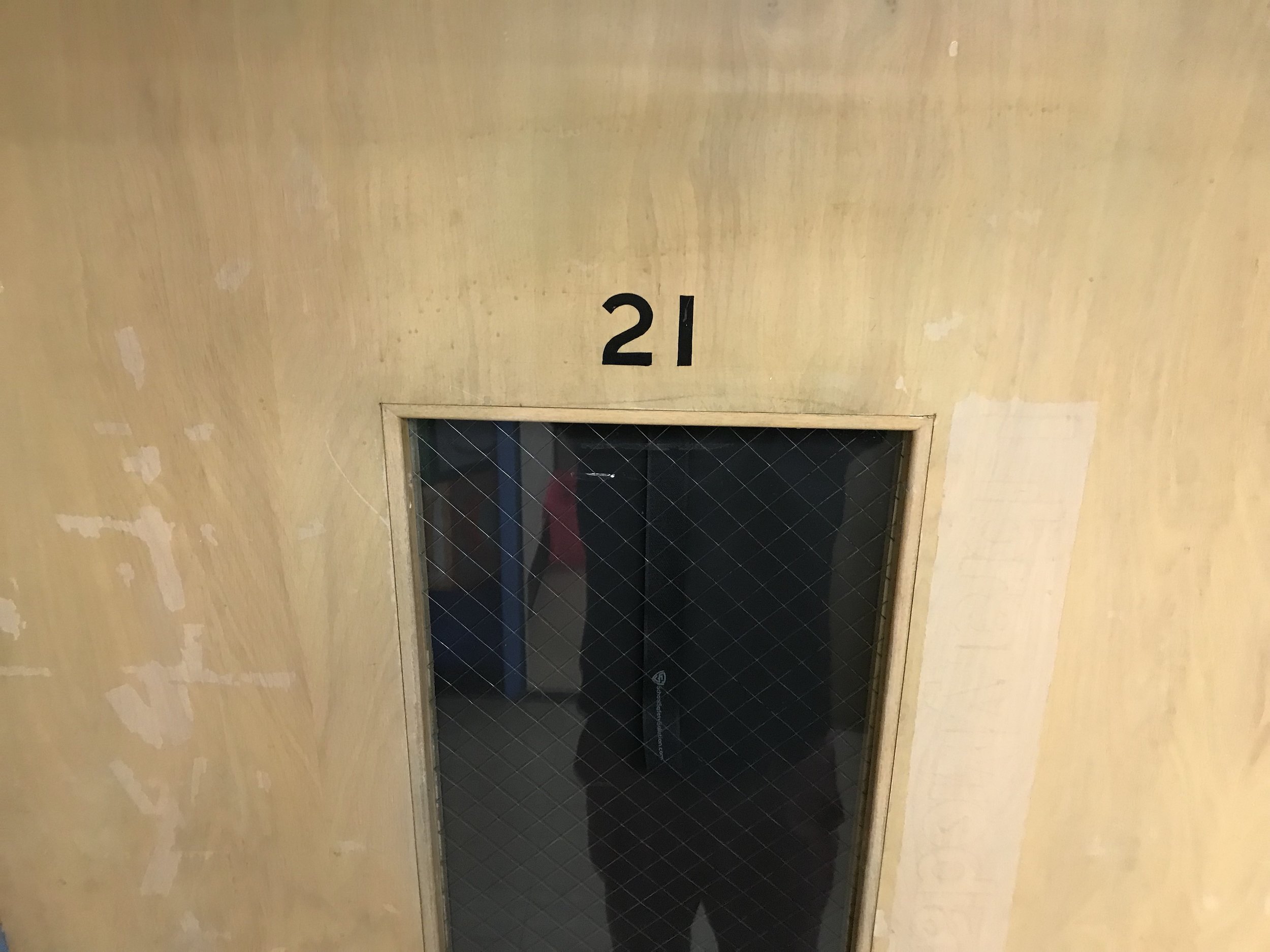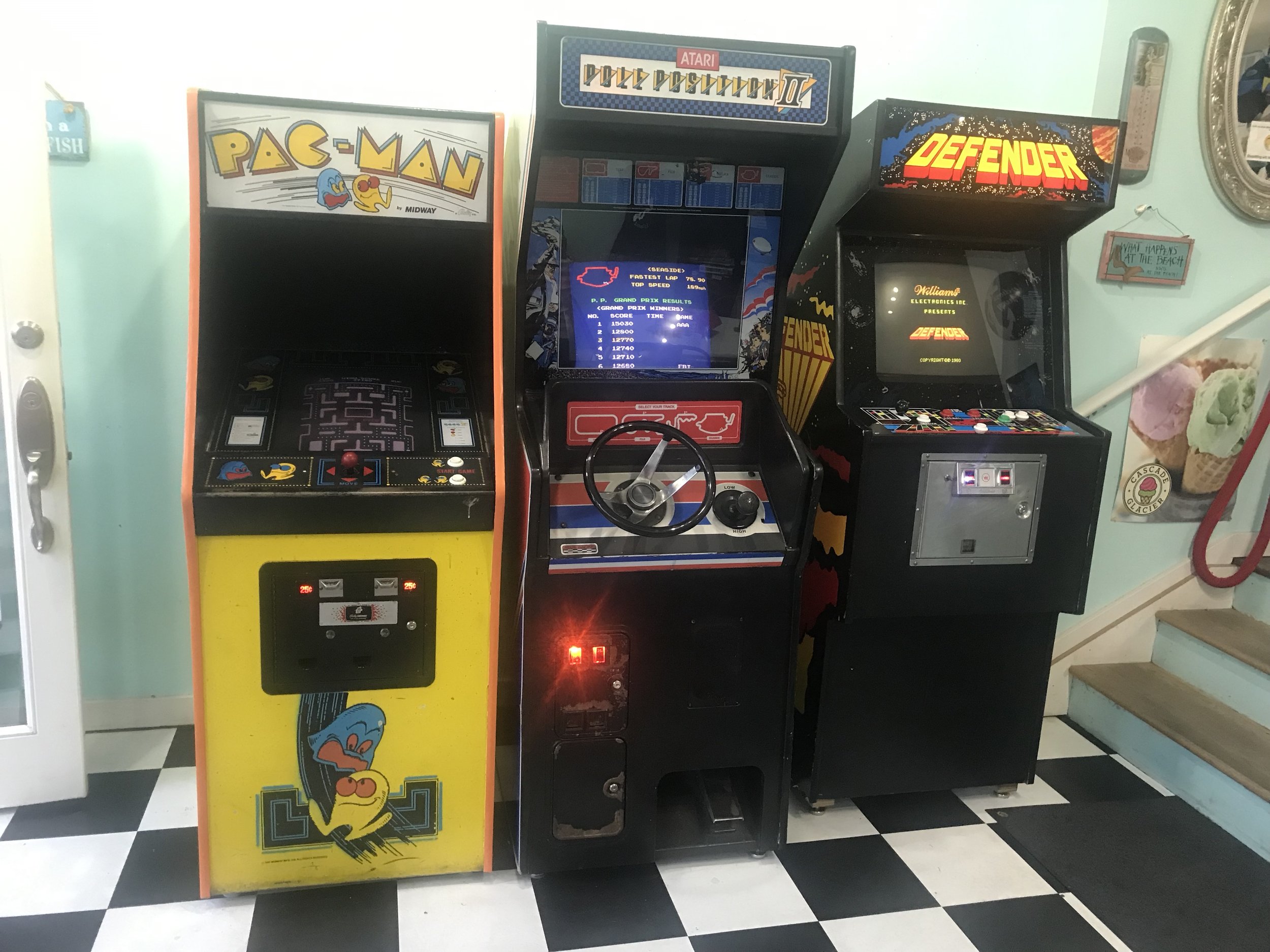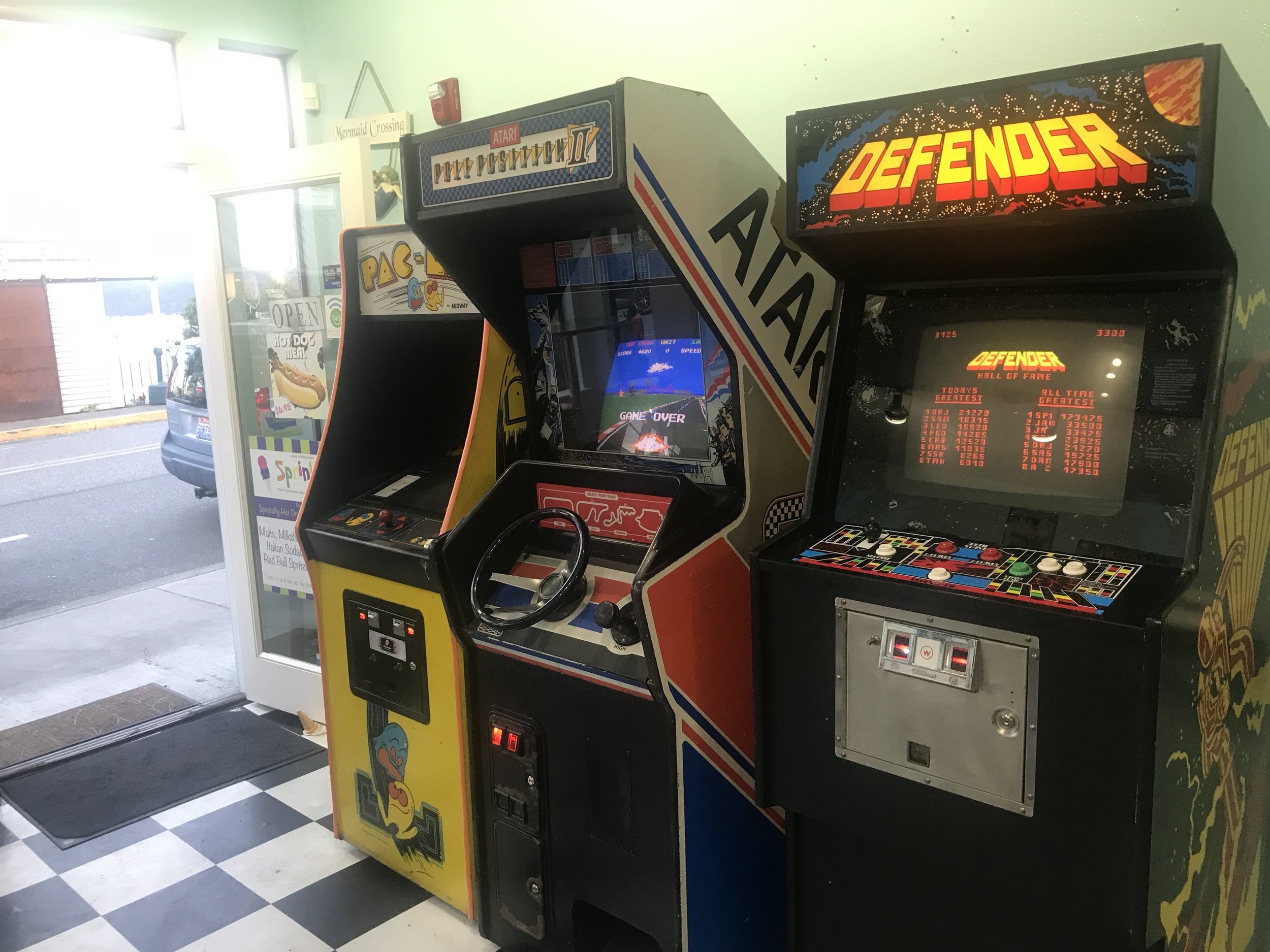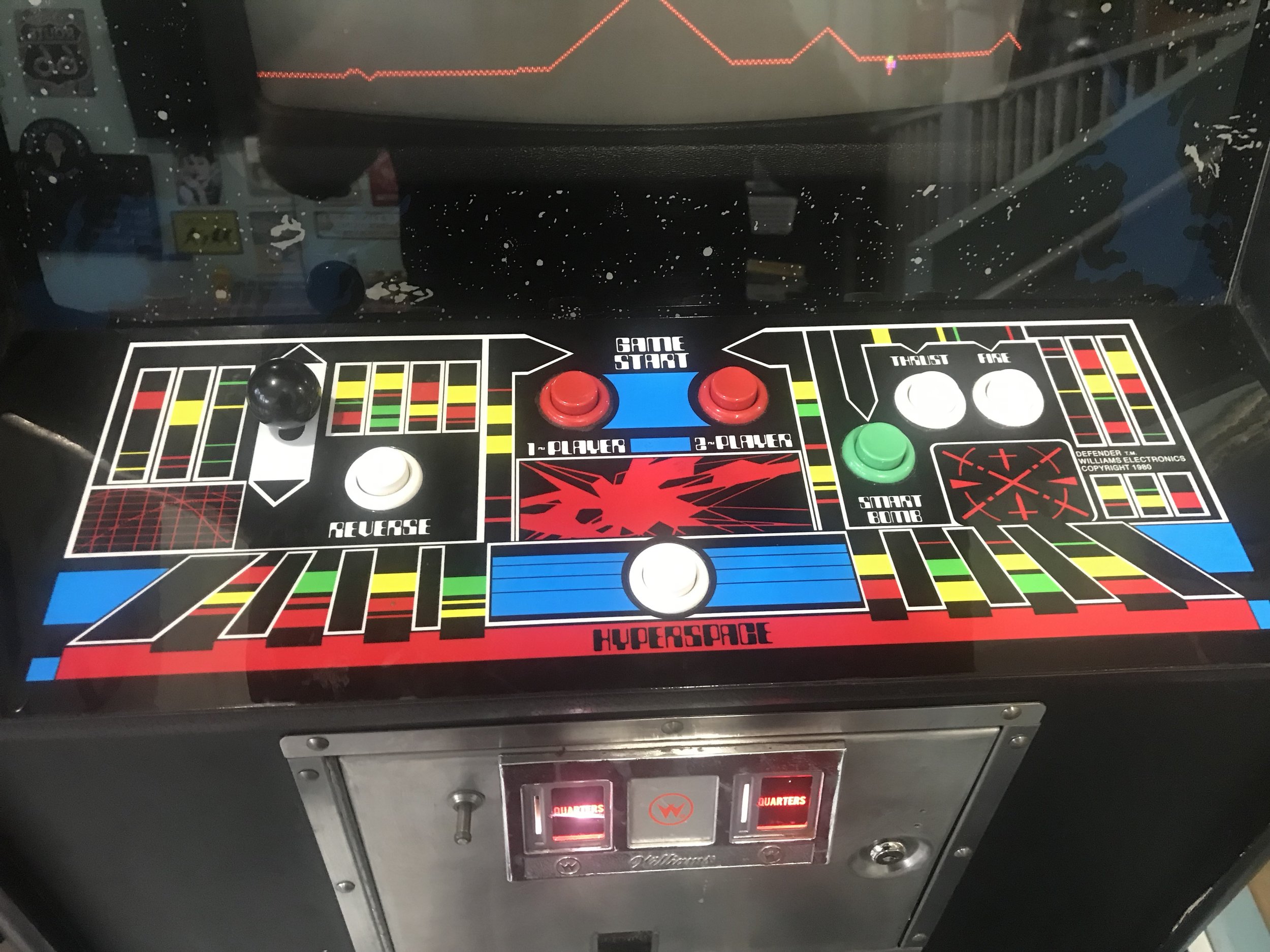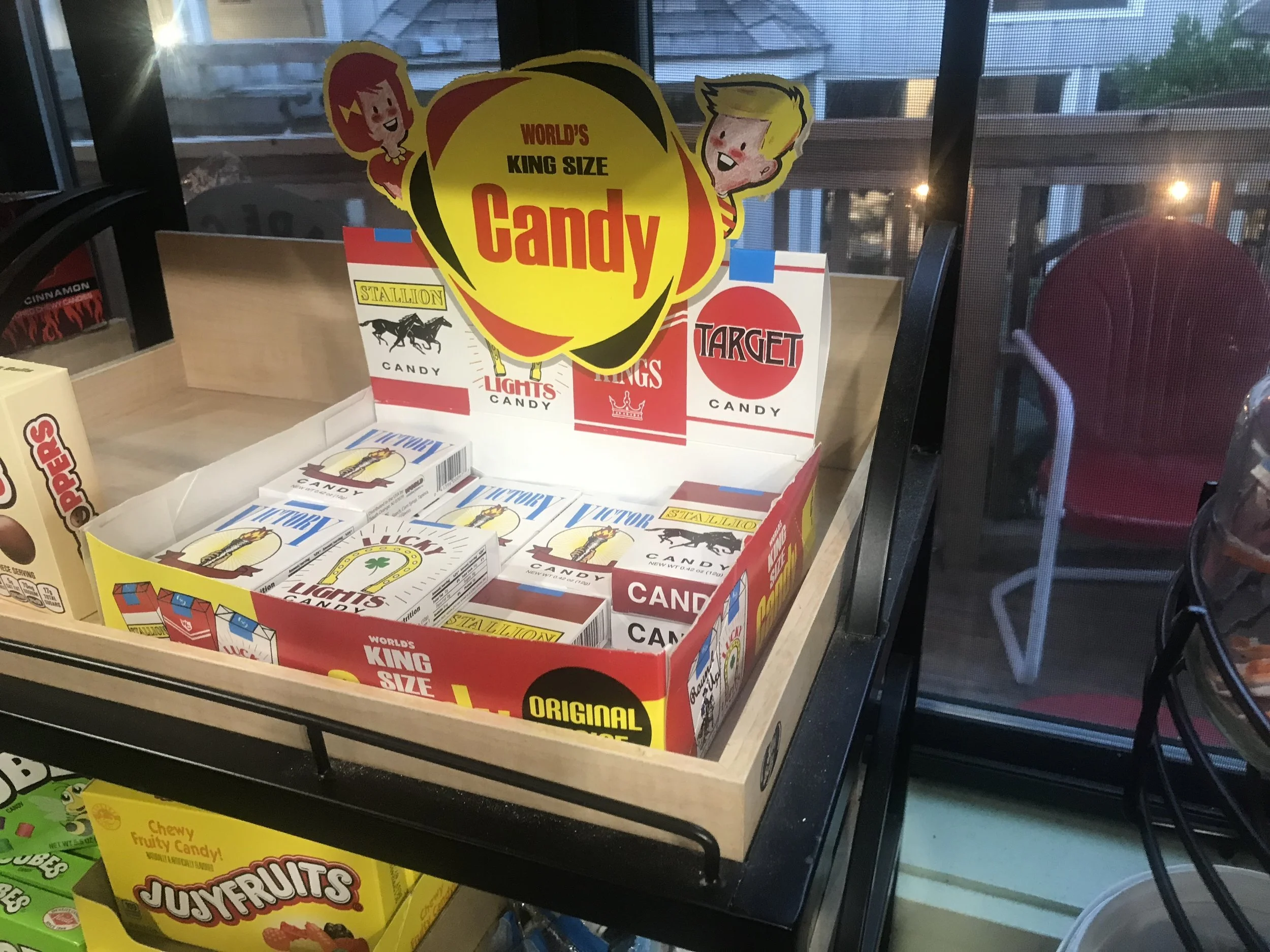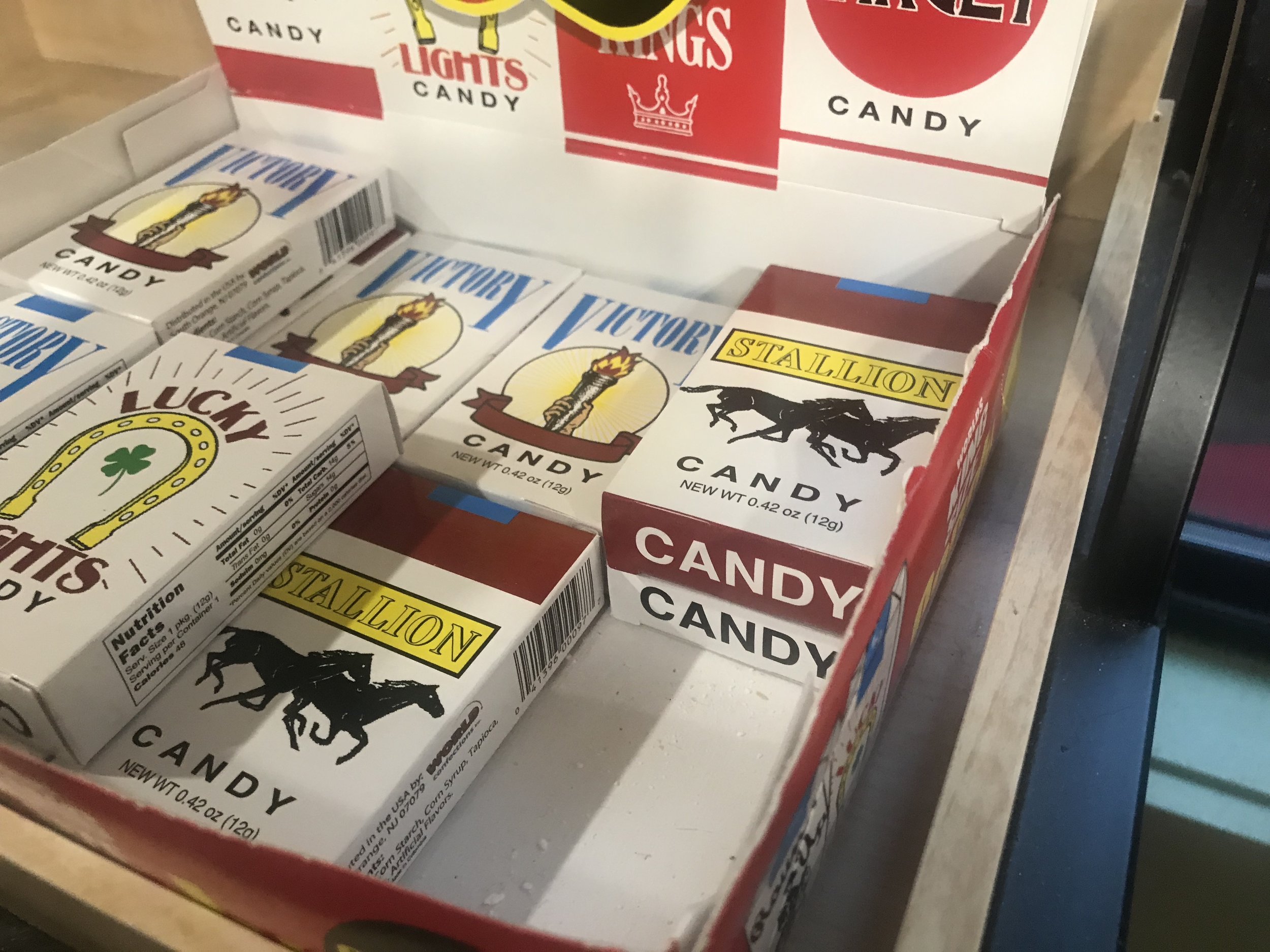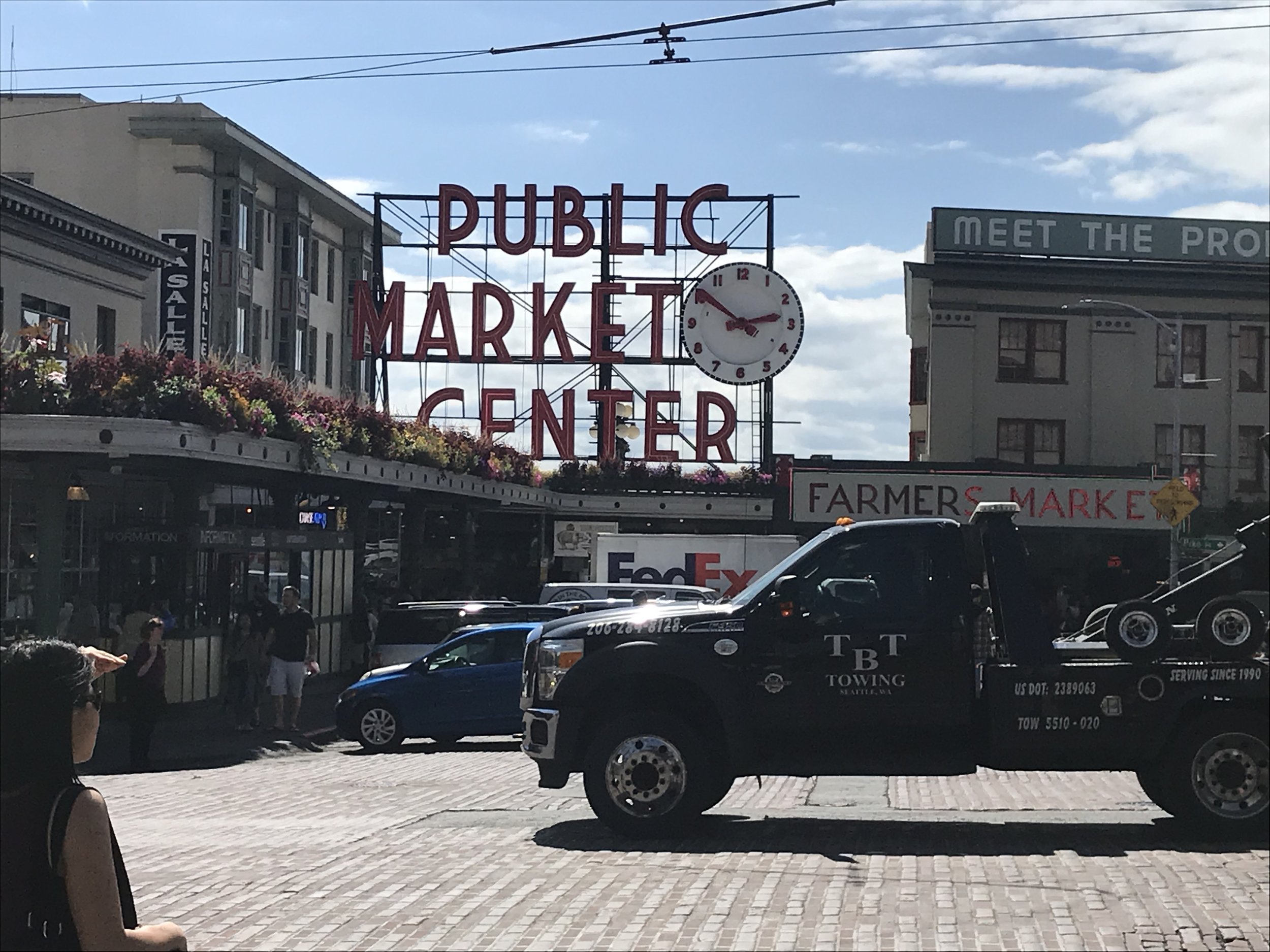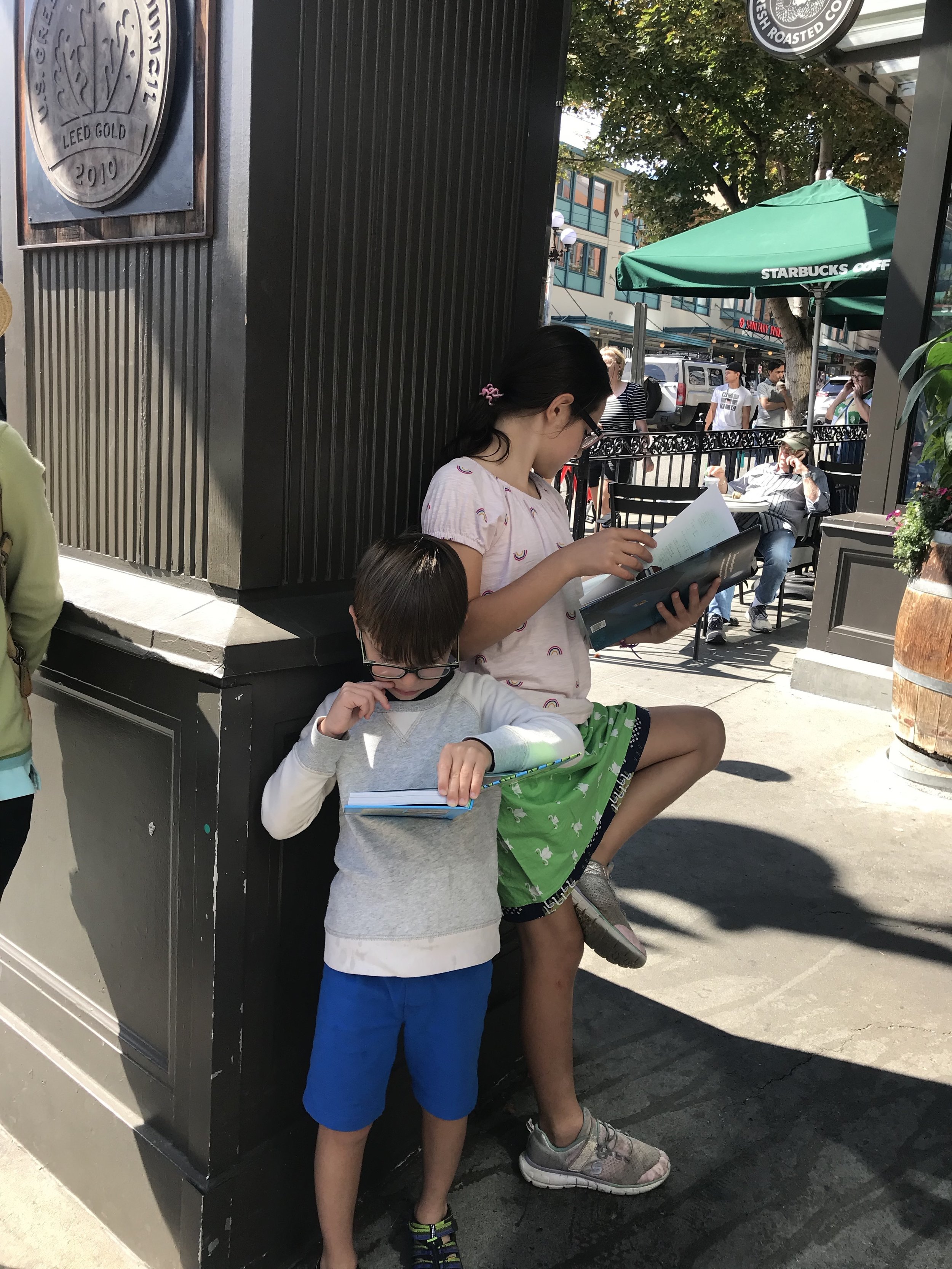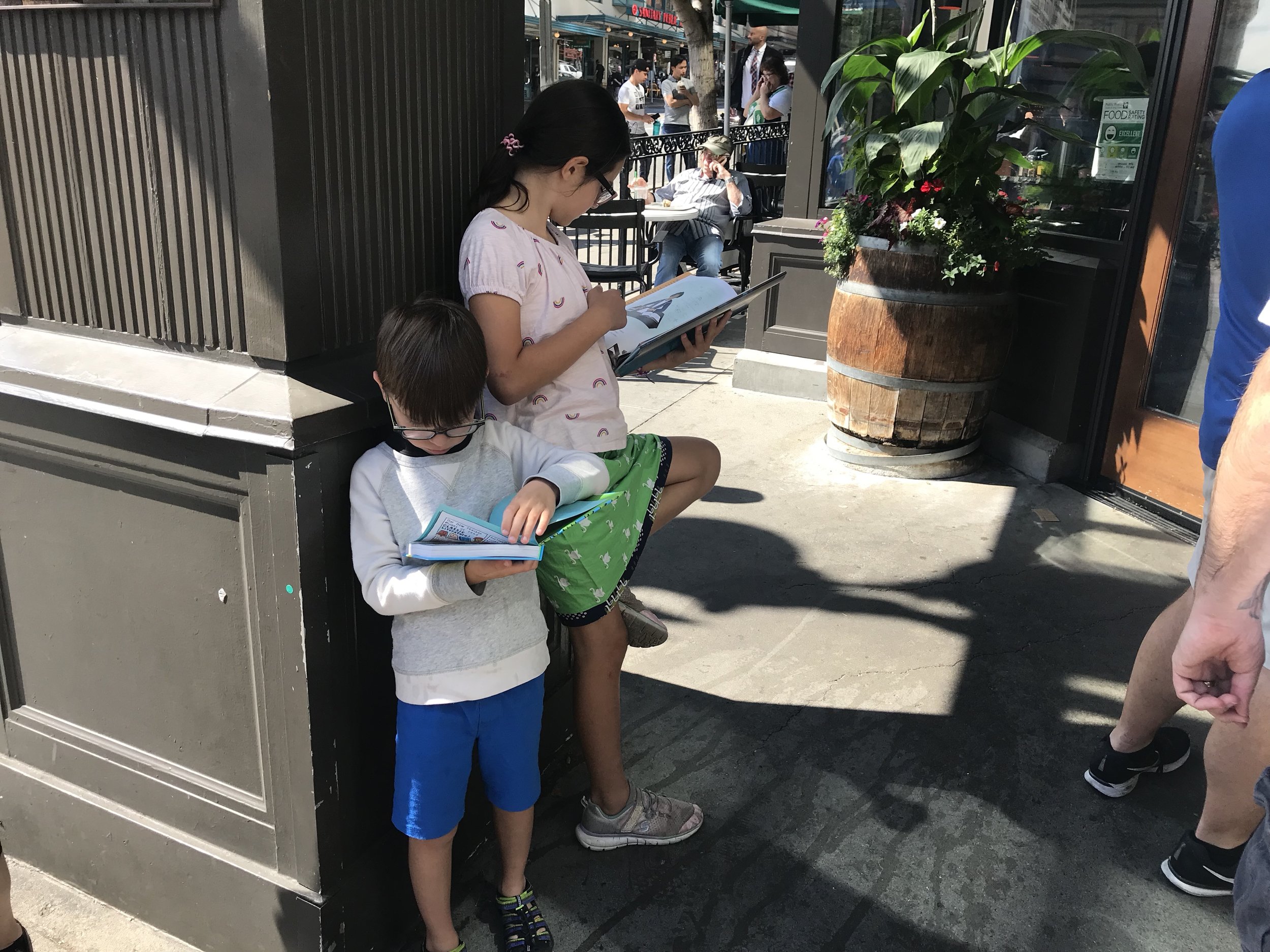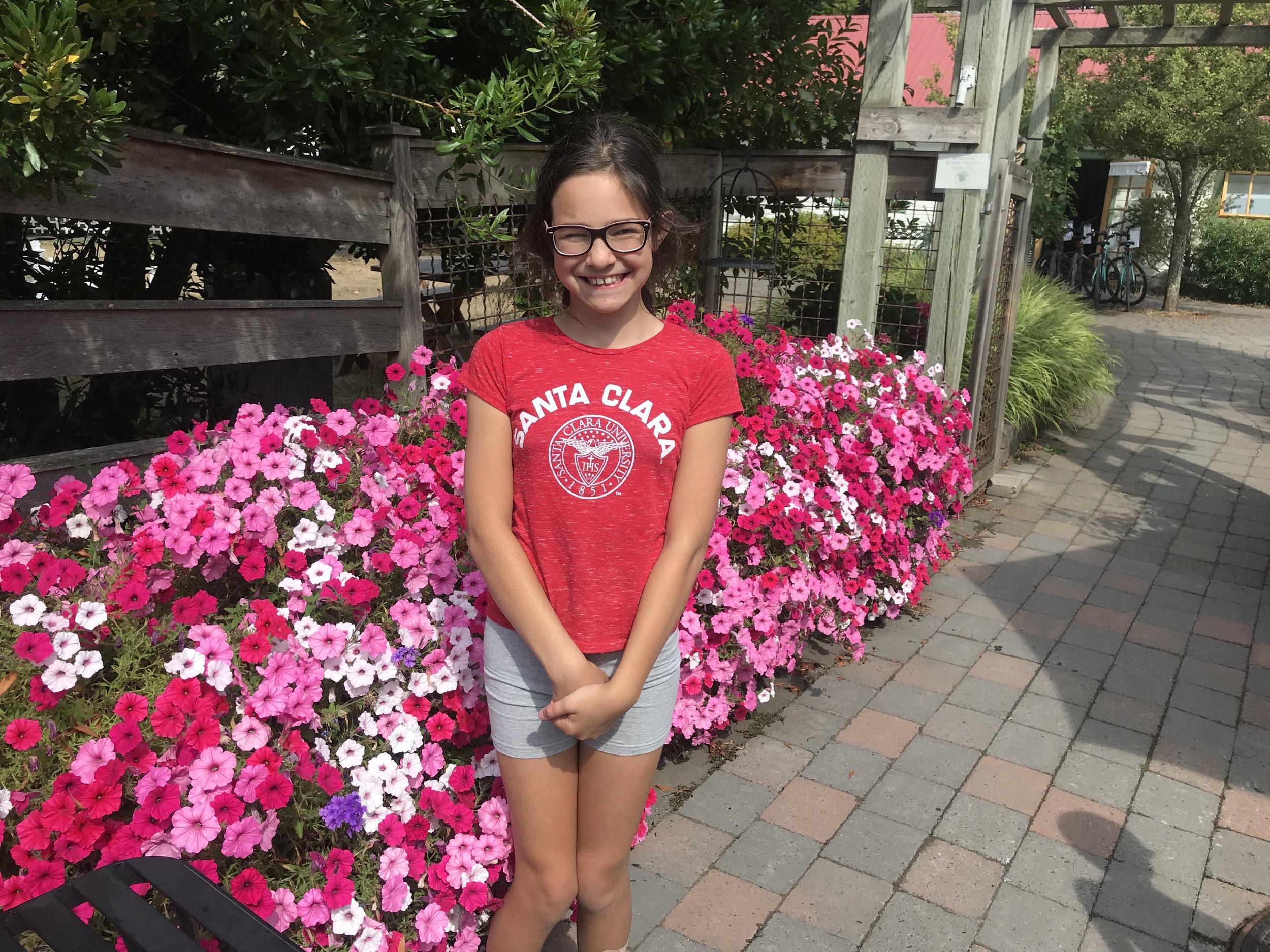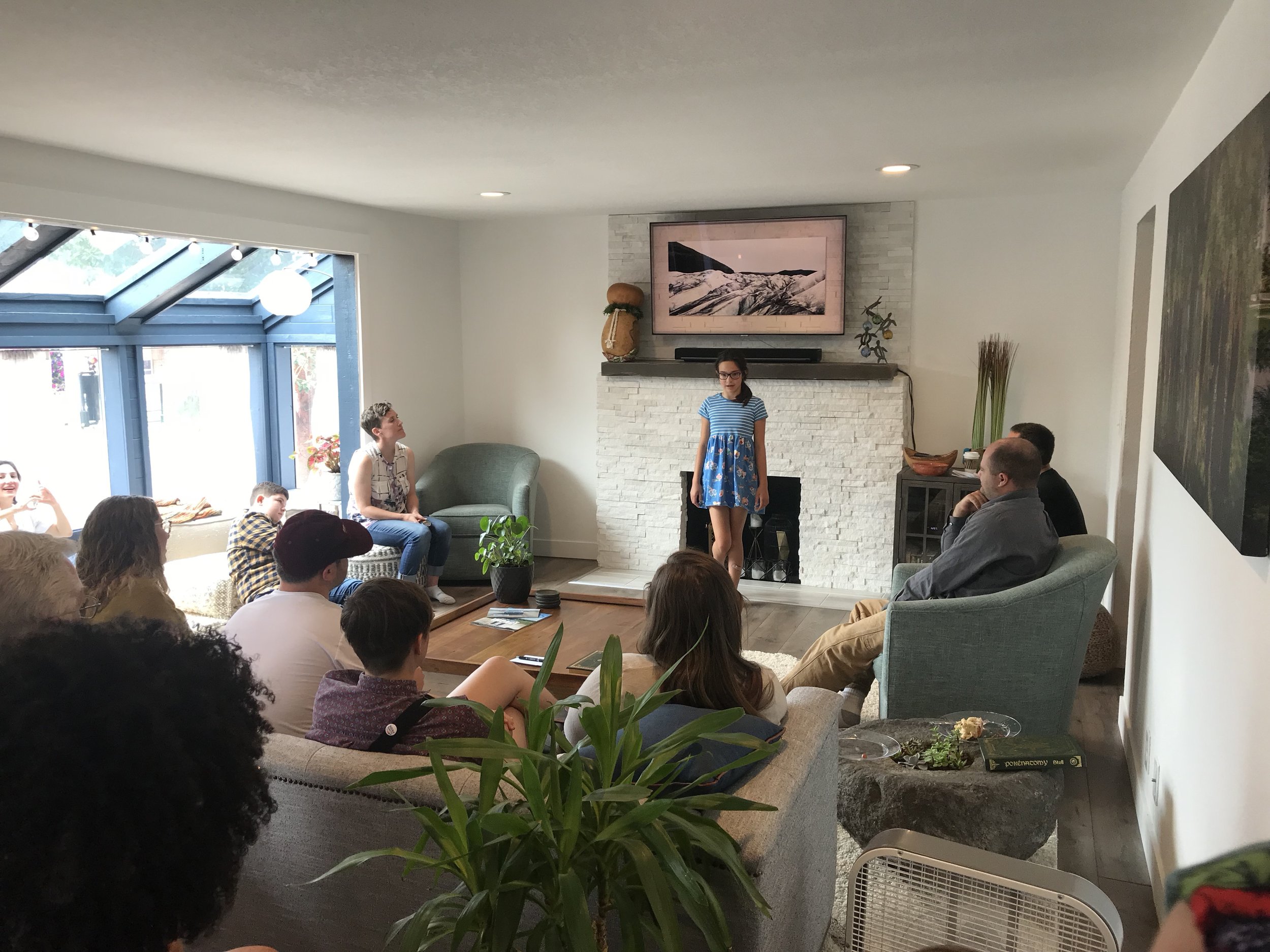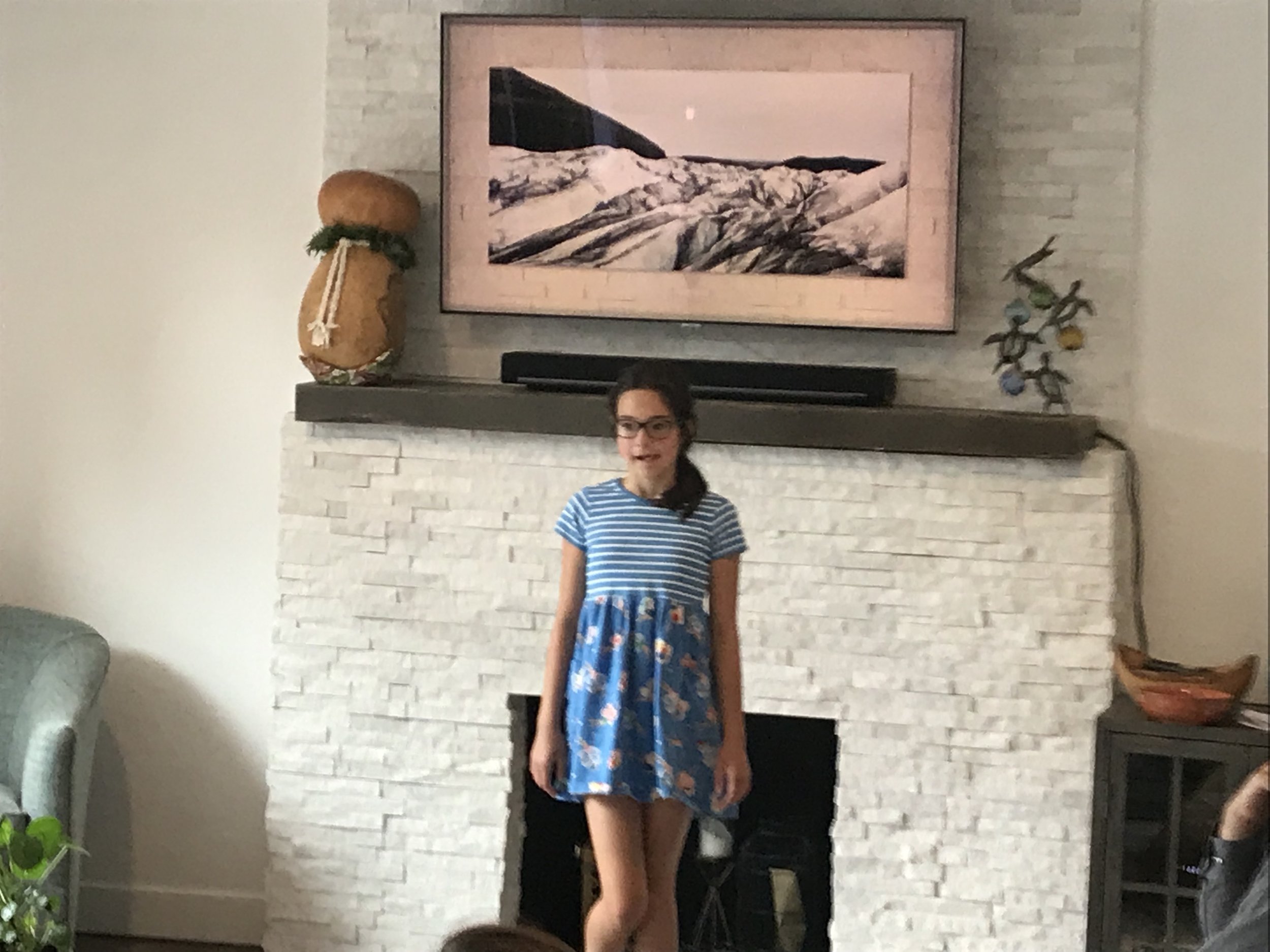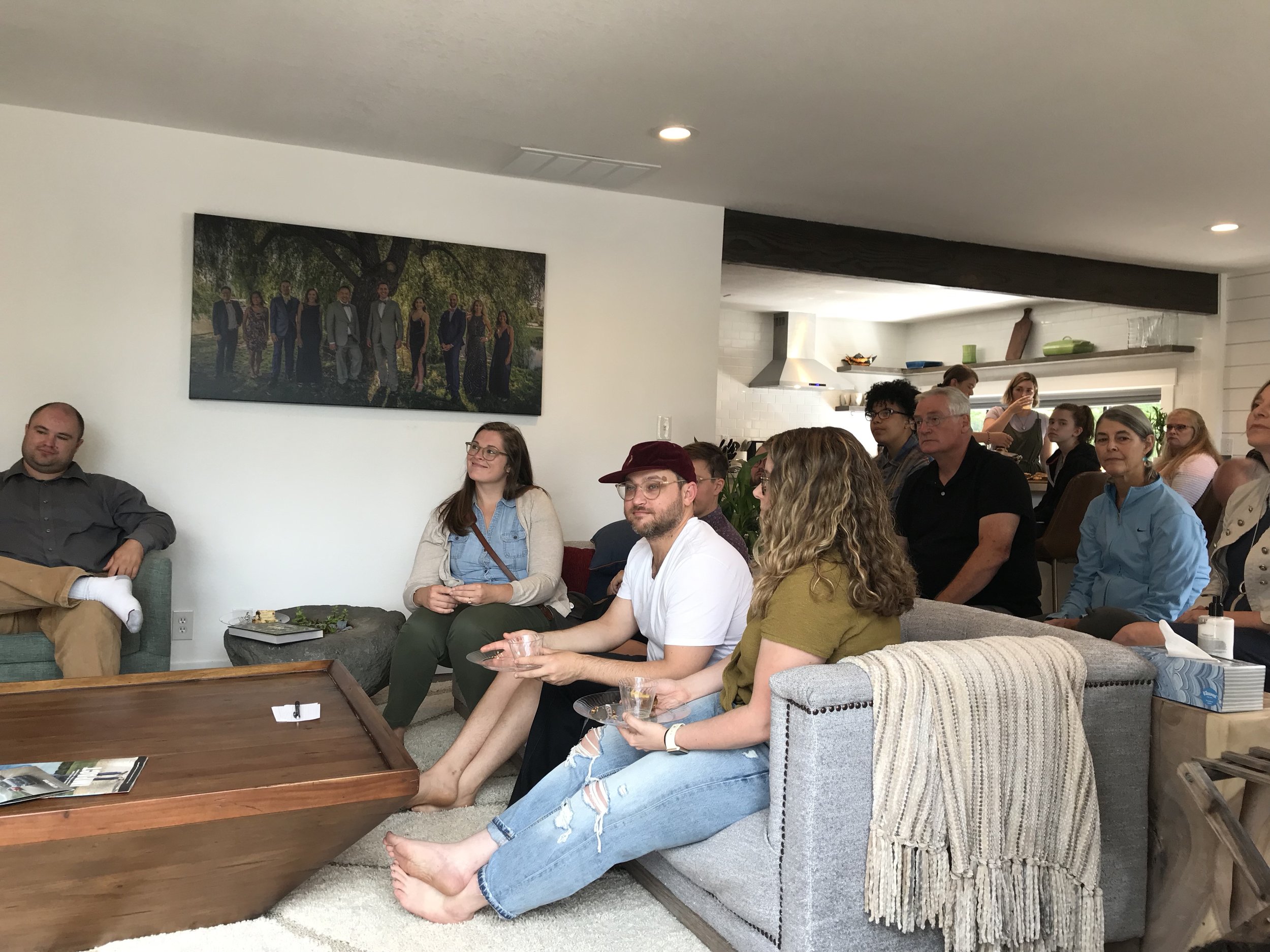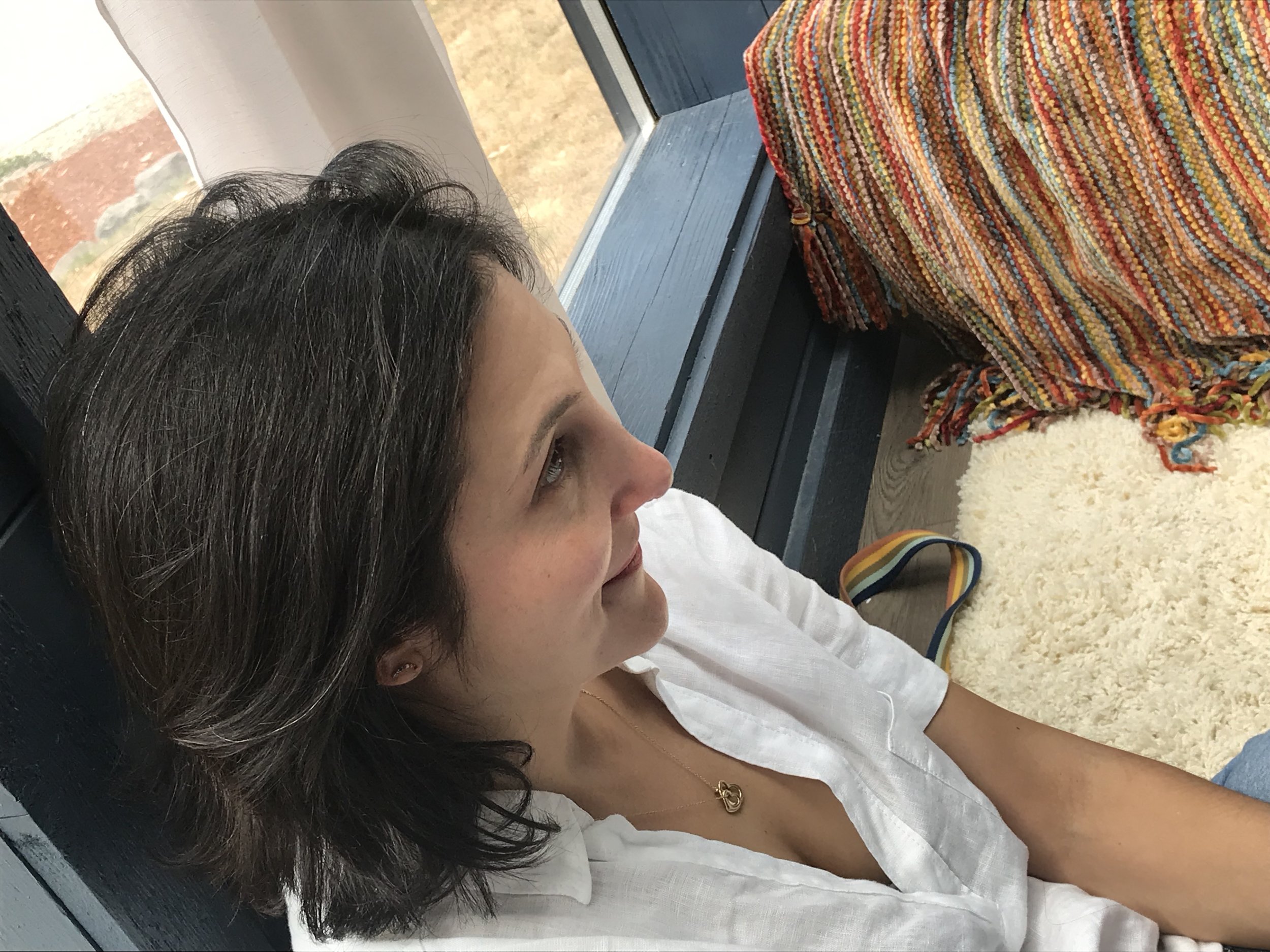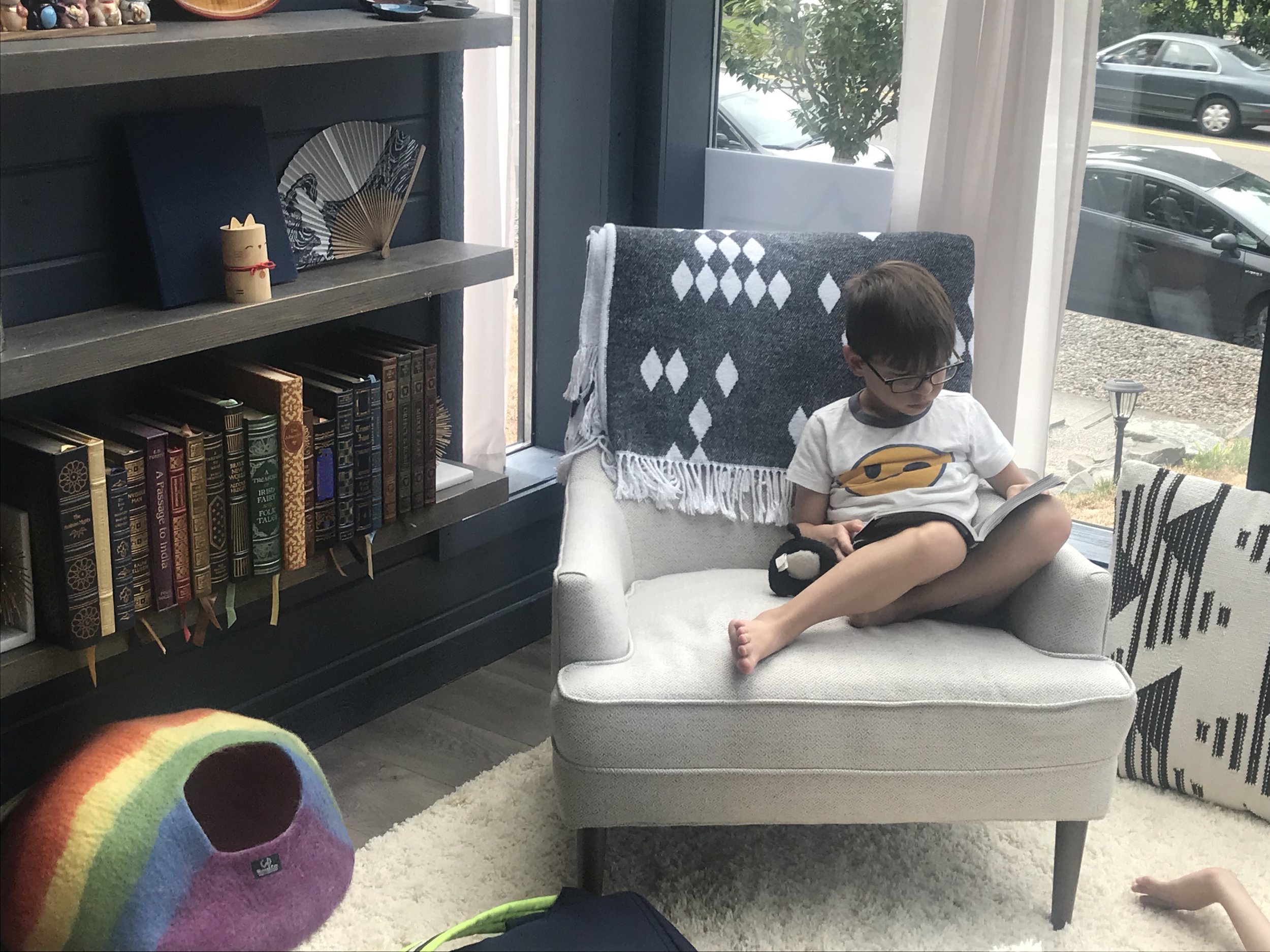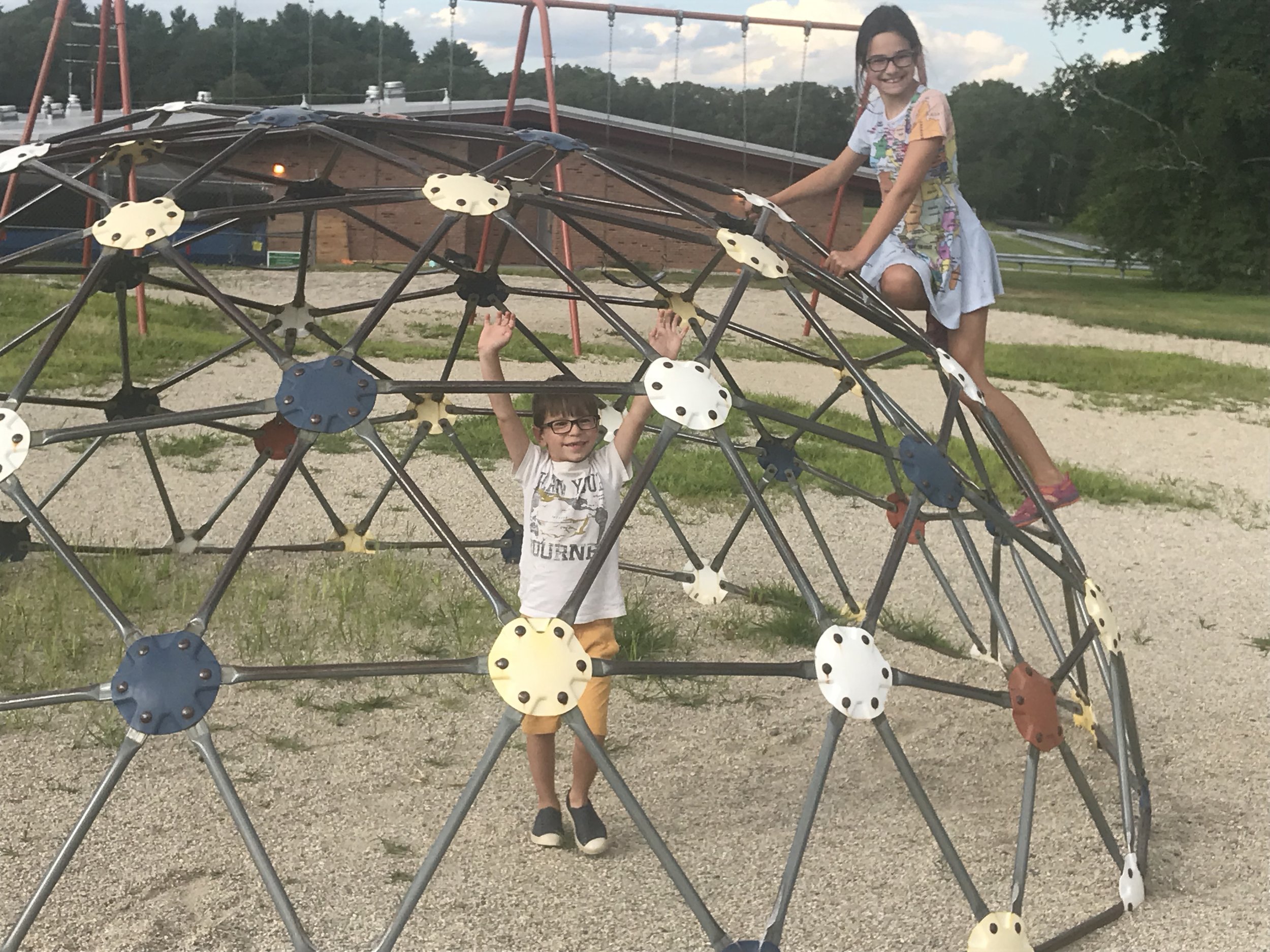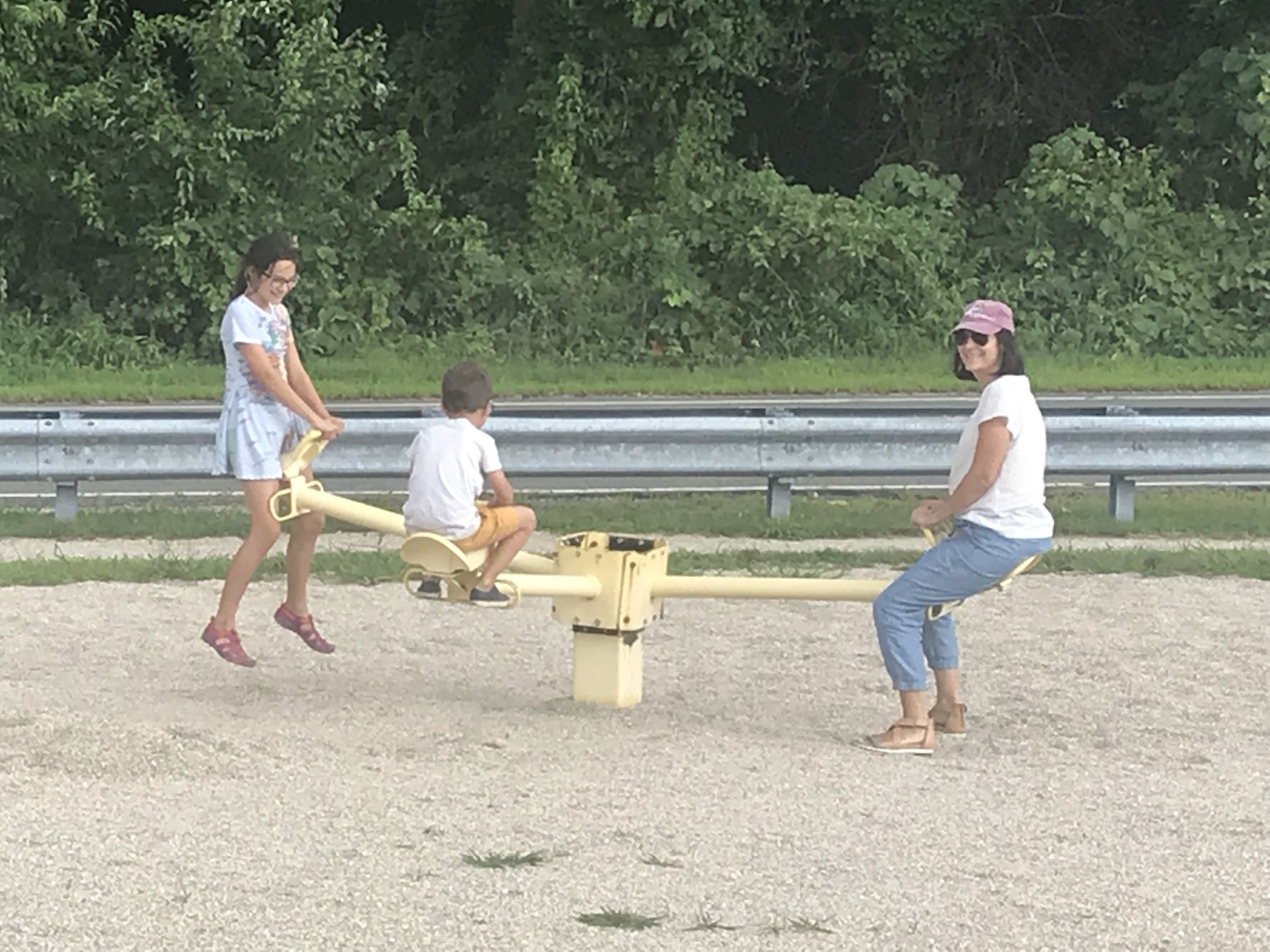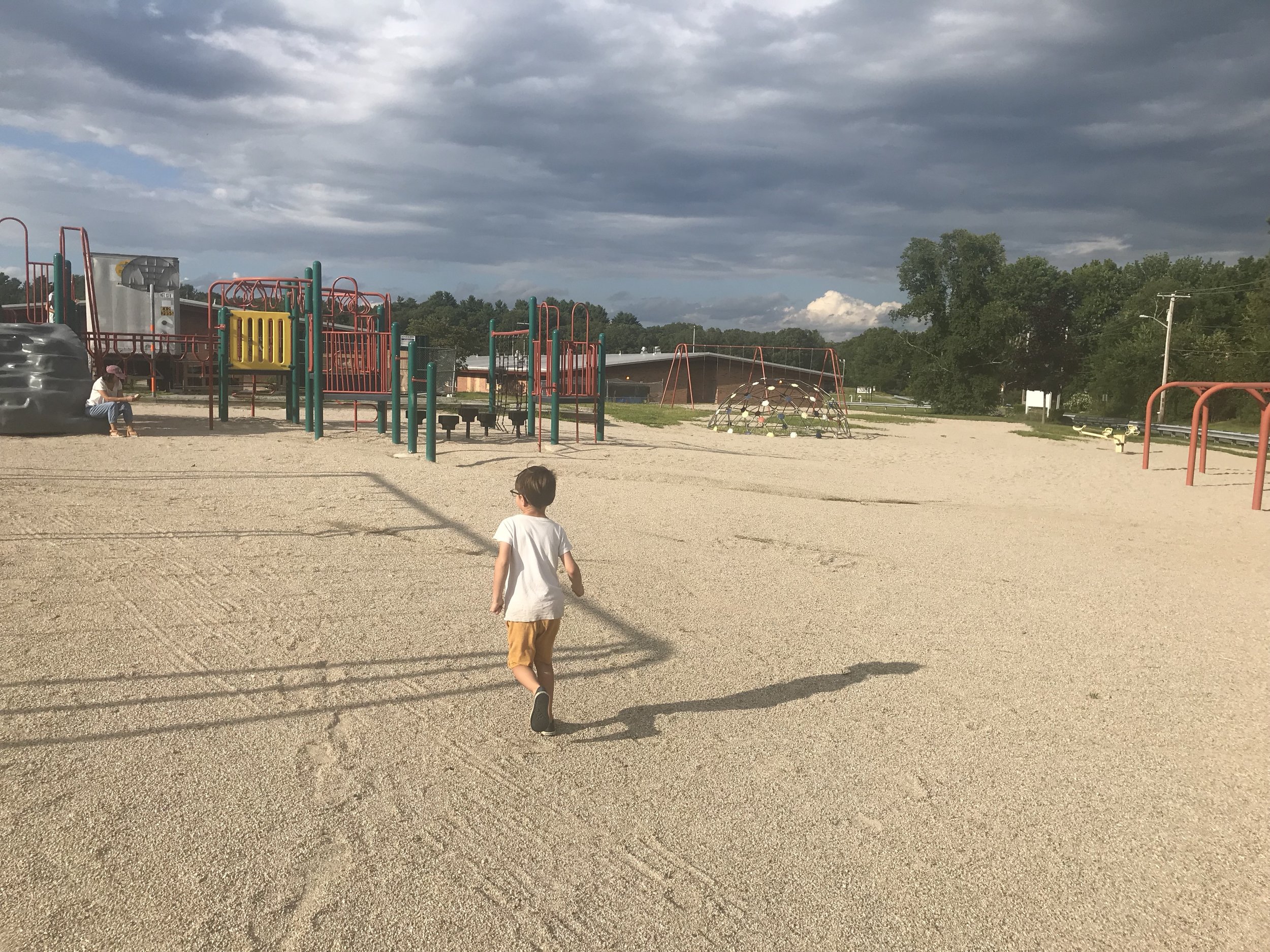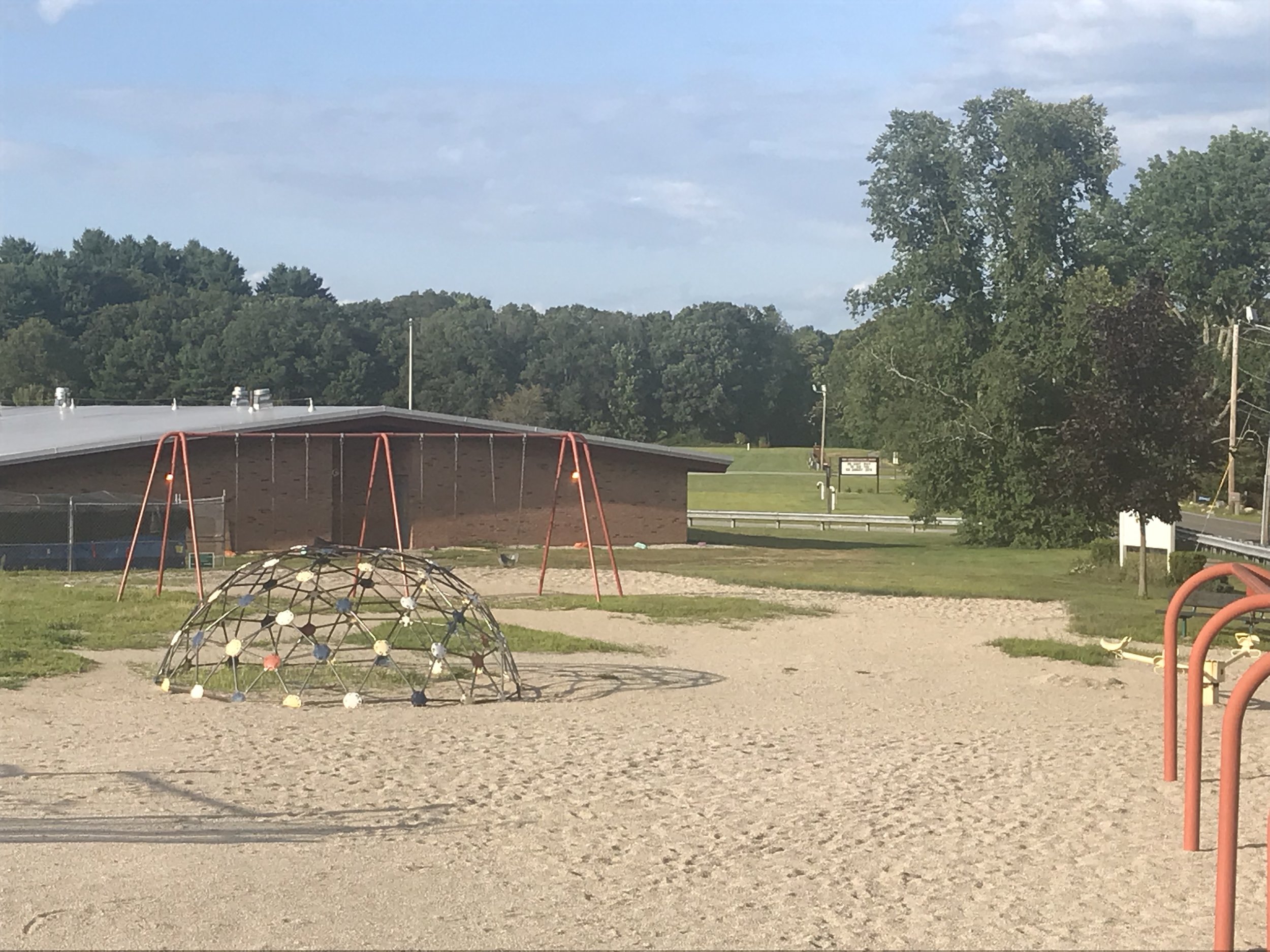I'm not stopping.
/I’ve always thought that “No right turn on red” signs were stupid and therefore entirely optional.
I’m sure there is some reason why particular intersections have been deemed too dangerous to allow right turns on red, but I’m also sure that this is nonsense. Not unlike the addition of a four-way stop signs at an intersection following an accident.
Just because one moron can’t drive safely doesn’t mean that we all need to stop for now and ever more.
But last night, while driving Elysha and her parents home from a show, I took a right on red and my father-in-law said, “You know, you could get a ticket for that.”
“For what?” I asked.
“Taking that right on red without stopping first”.
The right turn in question was at a three-way intersection. I was traveling on a main road and turned right on red onto the intersecting road. But there was no road opposite of my intersecting road where another car might be coming.
“I have to stop my car before taking a right on red?” I asked.
“Yes,” he said.
My mother-in-law concurred.
The Internet also agrees. It’s a law.
Fascinating. I’ve been driving for 30 years and have never once adhered to this rule, which leads me to ask:
If I’ve been failing to stop before taking a right turn on red for 30 years without being ticketed, should I assume that I’m good for another 30 years, or should I acknowledge that I’ve been pushing my luck and conform to the law?
I’m going with the former, of course. While I certainly look to see if there is oncoming traffic before turning right on red, there is no way in hell that I’m going to start coming to a complete stop if it’s not necessary, particularly after three decades of avoiding the law.
Do people really do this? Do they really come to a complete stop? I’ll be watching now to see.
And if I’m turning right on red at a three-way intersection, where there can’t be any oncoming traffic (because there is no road), I’m definitely not stopping or even looking before turning.
Like I did last night.
This is because to stop and look to ensure that another automobile isn’t approaching from that stand of maple trees or that field of wildflowers or that school playground, or in the case of last night’s turn, that residential home, would be insane.




